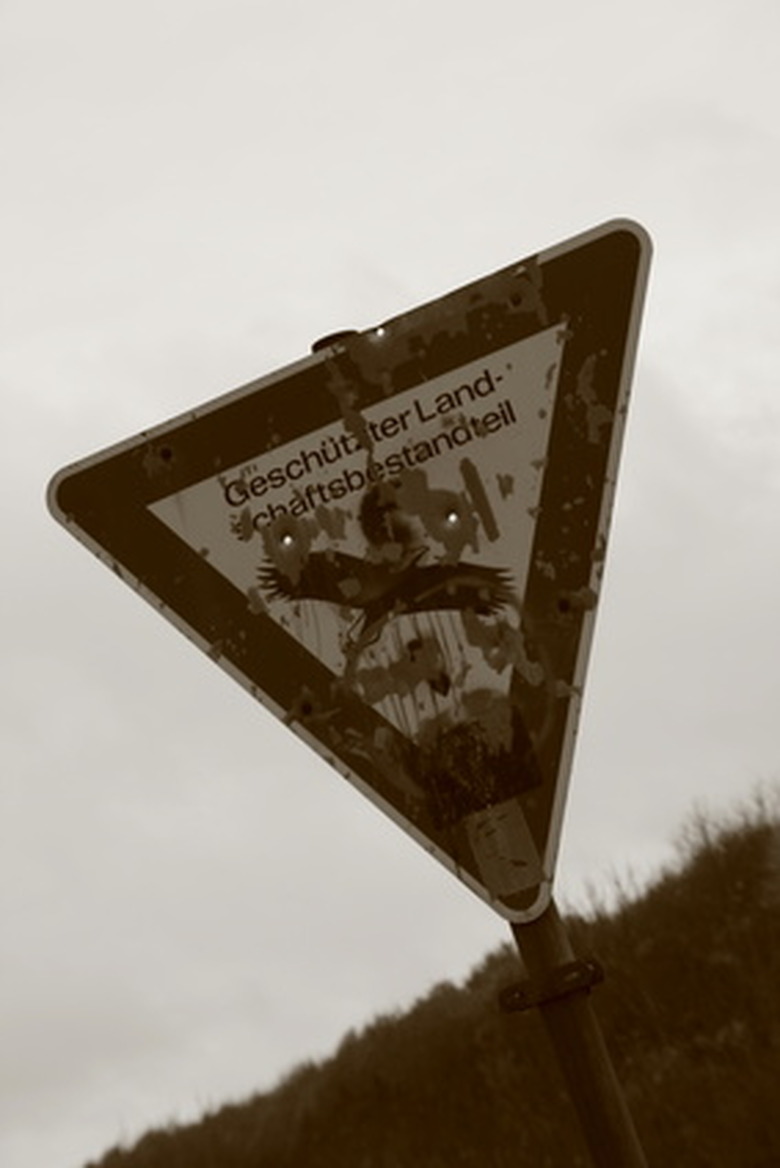The Disadvantages Of Using Pesticides And Herbicides
Pesticides and herbicides are often useful to gardens or homeowners with some sort of pest problem. Before using them, however, you must be aware of the disadvantages, taking into account the surrounding environment. Knowledge of the effects of pesticides on certain aspects of life will help you make the decision if, where, and when to use the chemicals. Green alternatives to pesticides and herbicides include planting resistant species, crop rotation, and introducing beneficial insects to eat the pests.
Harm to Environment
Pesticides and herbicides do not stay in one place. Their particles fly through the air when they are applied, eventually sinking into the soil. The chemicals are then carried away with runoff water, often into rivers and oceans, where they can kill aquatic plants. According to Louis Helfrich et al. at Virginia Tech, these plants provide 80 percent of the oxygen content for aquatic life. In the United States, for example, pesticides and herbicides flow into the Mississippi River ever year. They then travel to the Gulf Coast, where the residual chemicals kill off yards of the wetlands that protect the coastal region from hurricane swells.
- Pesticides and herbicides are often useful to gardens or homeowners with some sort of pest problem.
- They then travel to the Gulf Coast, where the residual chemicals kill off yards of the wetlands that protect the coastal region from hurricane swells.
Harm to Wildlife
Pesticides and herbicides drift into aquatic sources, causing problems there, but they also cause problems on land. If species in both land and water are exposed to these chemicals, the result can be low weight, lowered resistance to disease, sterility, loss of attention, and even death. In addition to the harm done by exposure, consider the damage done to the ecosystem. Herbicide use on a certain area can kill an animal's habitat, and pesticide use, its food.
Harm to Humans
Humans are not immune to the effects that wildlife experience. Some chemicals in pesticides and herbicides cause cancer. They may also irritate the skin or lungs.
- Pesticides and herbicides drift into aquatic sources, causing problems there, but they also cause problems on land.
- Herbicide use on a certain area can kill an animal's habitat, and pesticide use, its food.
Inability to Control Application
The chemicals in herbicides, the ones that work best, are usually non-selective. This means that they kill many plants that they touch. Therefore, when applying herbicides, you must be careful not to drip it on any plants you wish to keep. The same is true with pesticides: Sometimes pesticides kill other insects that may be beneficial to your garden.
Expense
Many effective pesticides are banned for homeowner use by state governments. Therefore, to achieve eradication, you must hire a professional to apply the chemical. This can be prohibitively expensive, as you have to pay not only for the (more expensive) chemical, but also to hire the person to apply it.
- The chemicals in herbicides, the ones that work best, are usually non-selective.
- Therefore, when applying herbicides, you must be careful not to drip it on any plants you wish to keep.
